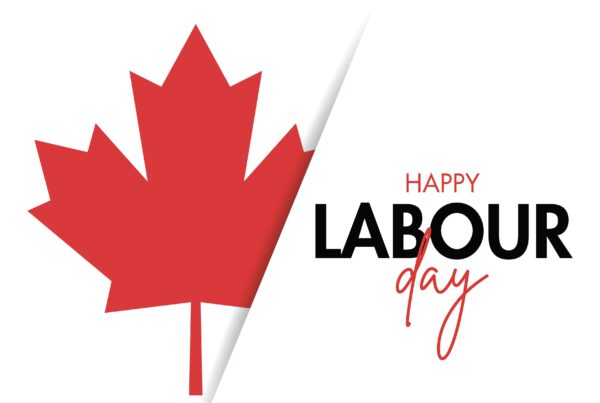A few days ago, my son graduated from high school, just a few days shy of Canada’s 150th birthday.
The school that he, like his two sisters before him, graduated from is a public, co-ed, French-language high school in a predominantly English-speaking city. Because it caters to the French-speaking minority, this school draws students from a very wide catchment area and some of the kids get bussed in from all around the greater metropolitan area. This school has a very diverse student body, from every standpoint that you may care to look at things: Cultural and ethnic, socio-economic, religious, etc. – what some would refer to as a minority-majority school where recent immigrants are commonplace and where my children would refer to themselves as members of visible, religeous as well as a cultural minorities.
While some of the students at this school come from well-off families, many more do not and the school offers, with support from the community, free breakfast to children who do not have the opportunity to eat at home. Compared to the very homogeneous high school that I attended as a teenager, this school is a much better reflection of the city we live in and the world in which my children will eventually live their professional lives.
Having had three children there over the years, I would say that it’s a pretty good school academically speaking. Most of the teachers are truly dedicated and do what they can with the challenges that they are dealt daily. The result is as good as you might expect and a handful of alumni have gone on to some mild prominence. Many of the young adults who graduated a few days ago are now on their way to university; not all of them for sure, but certainly a lot of them. Some have secured admission at the highest-ranked universities in the land. The public school system, in this country, does work.
This matters greatly because these students are our future friends and colleagues and we will be requiring a LOT of them over the next few decades if we are to sustain our collective wealth. As TD Economics pointed out a few years ago in a report titled The Case for Leaning Against Income Inequality in Canada: “No growth and no income would make everyone equal, but would be the worst possible outcome. The goal is to have rising income with fair distribution, a necessary condition for which is a productive and competitive economy.” (1)
Together with a robust public healthcare system, high-quality public schools and early childhood education for low and middle income families are some of the most powerful tools at our disposal to unlock our country’s full potential. (2) I was making a similar point when I wrote, recently, that companies depend for their success on the socio-economic environment that sustains them (Poisonous discourse, toxic environment). This includes a diverse, well-educated workforce.
There is still a lot to be done but in contrast to the “almost perfectly linear relationship between children’s and parents’ ranks in the income distribution” that can be observed in a country like the United States, Canada has – thanks to its various redistributive social programs – much more intergenerational income elasticity. (3) There is no doubt in my mind that this is the way to go in order to create a more prosperous future for all of us. Our country is a work in progress, but we have a lot to be proud of.
Happy 150th Birthday Canada!



